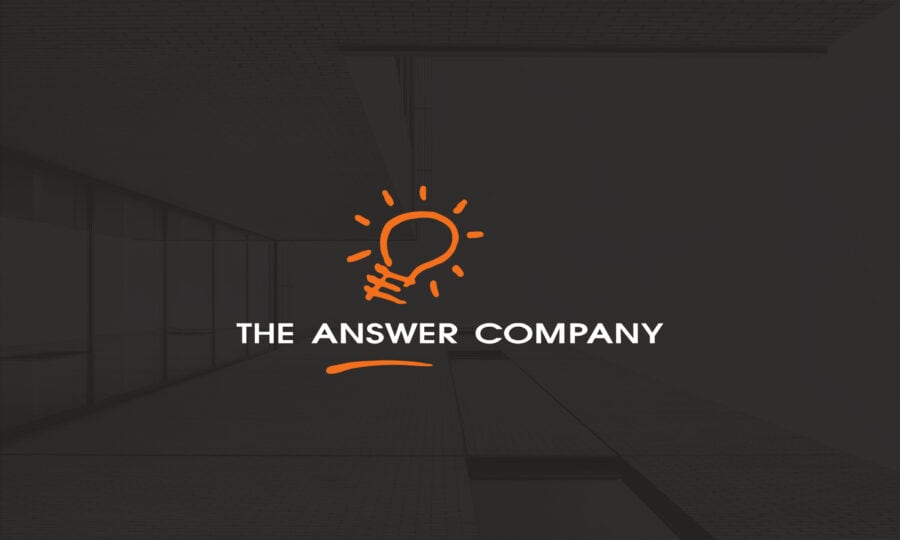How the Changes to US Privacy Rights Could Affect Your Business & Cloud
In the last few years, many Business Management Solutions (BMS), from ERP solutions to HR software to CRM systems, have made a steady shift to the cloud. Having a cloud-based solution can have many benefits; you don’t have to store your physical data on site, you can store all your data in one place, and it can be accessed from anywhere. However, when it comes to storing your data in the cloud, do you know where your data really is? And even more importantly, is the privacy of your data protected?
Understanding Privacy Protection
Recently an Executive Order (EO) was signed in the United States that includes a clause (section 14) indicating that to the extent that the law allows, personally identifiable information from people who are not U.S. citizens or permanent residents is excluded from the protection of the US Privacy Act. That’s quite the mouthful, so what does it mean for you and your business? Essentially this suggests that when another country’s data is stored or passed through the United States, the privacy of that data may not be protected to the same level that an American’s data is.
The U.S. is a major data hub so a large portion of data from across the world flows through & is stored in the U.S. Since Canada shares a boarder with the U.S., our economies are intimately intertwined and connected. Canada’s internet data is commonly routed through our Southern neighbors and whether or not they realize it, many Canadian businesses using the cloud have their data stored in the U.S. Numerous Canadian experts have expressed their anticipation that the EO will have serious implications for Canadian privacy, but it’s too early to say exactly what those implications will be, so it’s important for businesses to evaluate their solutions along with how and where their data is being stored.
Figure out where your Data is stored
This isn’t meant as a scare tactic; the policy changes in the US don’t have to directly impact your business. The key to ensuring your data in the cloud is protected, is to stay educated about cloud technology & policies, and to take a proactive approach to your IT. Many Canadian industries (such as health and education) don’t actually allow businesses to use cloud services that store their data in the U.S., which is why it’s important to understand the requirements within your industry and how best to fulfill them.
The first step is figure out if your business is using the cloud to back-up data, and where your data is being stored. Do this by working with your IT team or contacting your hosting company directly. If your data is being stored in the U.S. and you determine that it’s not the right option for your business, there’s no need to panic. Numerous hosting companies host data in Canada exclusively, so you just need to find the one that’s best suited to your needs and start the process of transferring your data.
Ensure the Protection of your Data in the Cloud
That’s unfortunately just more to add to our long lists of responsibilities and things to do, which is why Managed Services is growing in popularity. Working with a Managed Services Provider (MSP) gives you access to an entire team of experts that is dedicated to keeping your IT running smoothly and your data protected. An MSP can work with you to determine what your data privacy and IT needs are, and help you make decisions such as how and where to store your data, so you have assurance that your data is as secure and private as you need it to be.
It is clear that the cloud is both the present and the future, but when deciding whether your business should utilize a cloud service you need to consider more than just the security or capacity of the system itself. Your business can use the cloud without your data having to be stored outside of the country, you just need to ask the right questions to make sure your IT and solutions are set up to meet your needs and the requirements of your industry.
